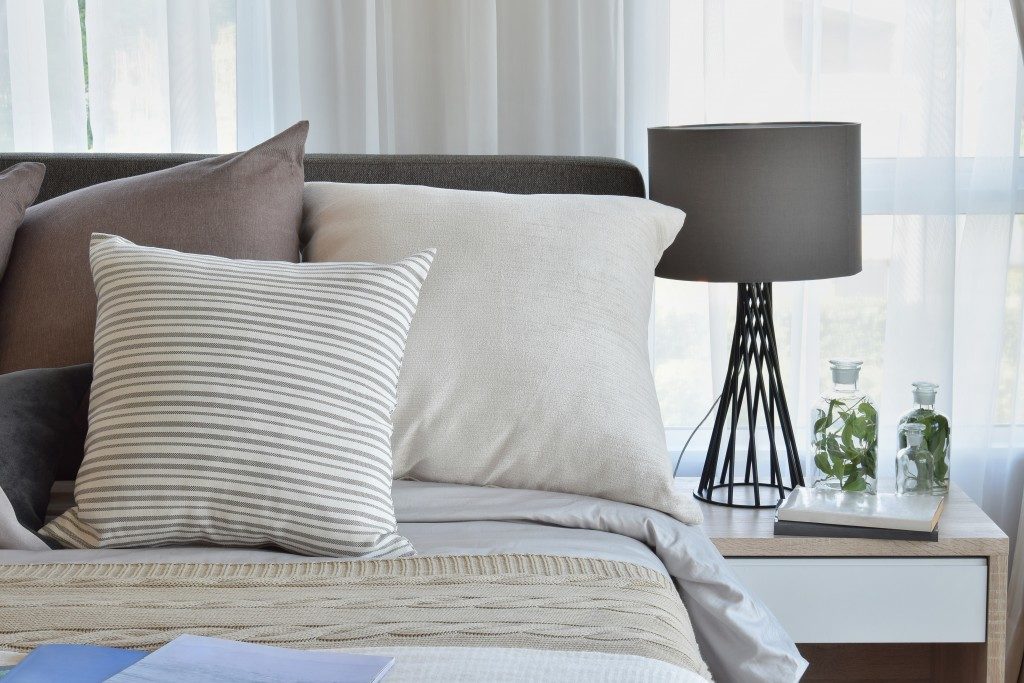There’s nothing like a good night’s sleep to get yourself up and ready to face any challenge for the day. When you lack a good sleep, you might find yourself being forgetful, distracted, sluggish, and worse, irritable and mean. While there are plenty of factors that can affect how one sleeps, it has been proven that the type of bed and the sheets you lie in play a big role. That is why the likes of thread count, Egyptian cotton, and bamboo sheets come up in discussions about the best types of bed linens to have.
Do better sheets mean a better sleep? Snooze quality is defined by one’s ability to reach an REM state, where both the body and mind are in total harmony while at rest. Lying in super soft and comfortable bedding helps us reach this level faster and ensures that we remain undisturbed.
Tough, itchy and scratchy linens can make us take longer to catch the real sleep and when we’re finally asleep, interaction with the discomfort they bring can wake us up, cutting short what should have been a restful period. The more times you wake up in the middle of the night, the worse you will feel when you finally have to wake up. That said, when it comes to selecting the best sheets for a wonderful night’s sleep, what matters the most?
1. Quality Cotton
The best quality cotton for sheets is 100% Egyptian cotton, followed by 100% Pima cotton. Most tags will have 100% cotton on them, but this could mean the American upland variety, which is a less expensive and rougher type. However, it is prone to pilling over time. If you’re willing to splurge, expect to spend around $500 for a set of Egyptian cotton sheets in either sateen or percale weaves. Pima cotton is also soft and less likely to run eventually compared to American cotton. It will cost you around $200 per set.
2. Thread Count

This detail is popularly used as a measure of sheet quality, in terms of durability and smoothness. It refers to the number of threads that are woven into every square inch of material. However, thread count is not all there is to choose the right type of bedding. While it is a major factor, the type of cotton is still more notable.
3. Percale vs. Sateen
Percale fabric features a matte and plain weave that produces a cool and crisp feel, while Sateen is a bit heavier and has a smooth and lustrous finish. Choosing between the two is mostly a matter of taste. If you tend to feel hot when you sleep, you might want to try Percale. If you’re not sure what fits you best, ask for swatches of both and test it against your skin.
4. Organic Linen
Organic linen like the increasingly popular bamboo sheets is preferred because of their eco-friendly quality. They are also very comfortable and super soft to the touch, even softer than cotton. In addition, they are extra breathable, making them a great choice for staying cool regardless of the season. Bamboo linens and covers will not trap excess heat on the bed with you. They also do not retain moisture, which is good for people who have allergies. They are quite expensive, though, with prices ranging from $200 to $1,000.
Before deciding on the type of sheets you should get for your home, consider your general climate, heating or cooling needs, and budget. While the go-to choice would be Egyptian cotton or organic linens, it would all depend on your preferences. What’s important is that you get to sleep well through the night to wake up feeling refreshed the next day.

